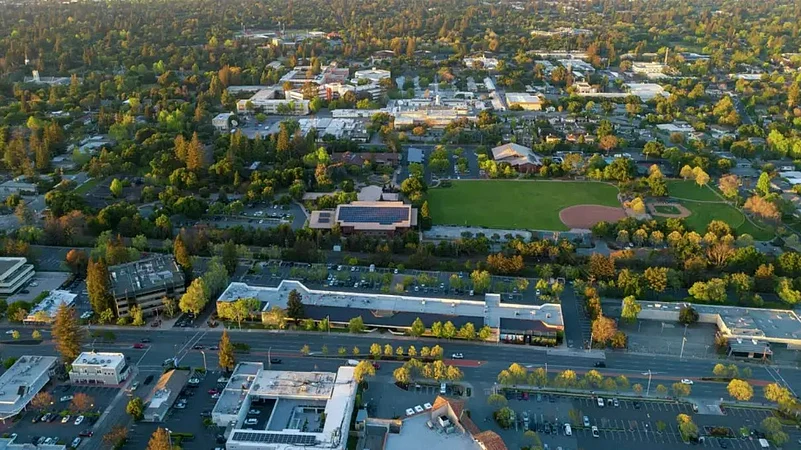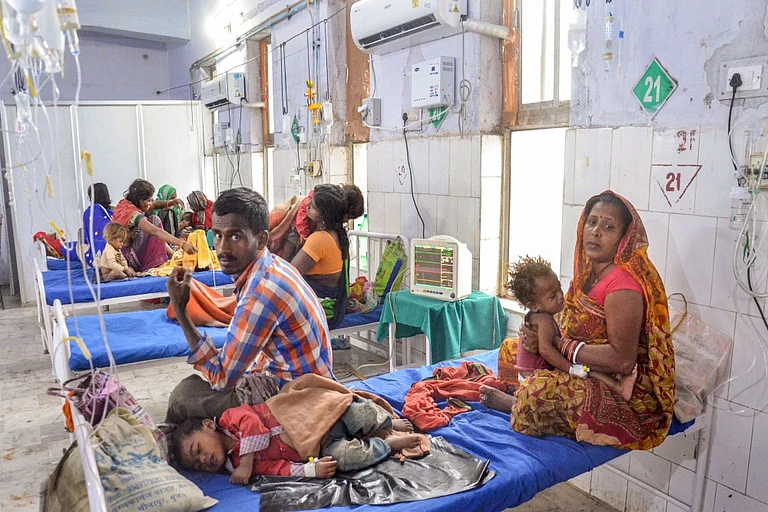The Bay Area, known for its bustling tech scene and diverse communities, is facing a silent epidemic: loneliness. San Mateo County has become the first in the United States to declare loneliness a public health crisis, acknowledging the widespread issue and its detrimental impact on residents' well-being.
This decision comes amid growing concerns about the pervasiveness of loneliness in modern society. According to a 2022 study by Cigna, more than 60% of Americans report feeling lonely. In San Mateo County itself, data reveals a significant increase, with 45.2% of respondents to a 2022 Health and Quality of Life Survey reporting struggles with isolation or loneliness, up from 32.7% in 2018.
Loneliness is not merely a personal struggle; it carries significant health consequences. Research has linked it to an increased risk of depression, anxiety, heart disease, stroke, and even early death. The negative impact extends beyond the individual, affecting communities through increased healthcare costs and decreased social cohesion.
San Mateo County's declaration is a crucial step towards addressing this complex issue. By recognizing loneliness as a public health emergency, the county paves the way for further research, resource allocation, and the development of evidence-based interventions.
David Canepa, vice president of the Board of Supervisors, who introduced the resolution, emphasizes the urgent need for action. "Many people are suffering alone in silence and there's no cure for it," he states. He further urges the state of California to consider creating a "minister of loneliness" position, similar to roles established in the UK and Japan.
This declaration is not an isolated event. San Francisco recently launched a pilot program called "Loneliness Lab," offering group activities and social support networks to combat isolation. Similar initiatives are underway across the country, reflecting a growing awareness of the issue and a willingness to explore solutions.
Combating loneliness requires a multifaceted approach. Community centers, faith-based organizations, and technology platforms can all play a role in fostering social connections. Additionally, promoting mental health awareness and reducing stigma surrounding loneliness are crucial steps.





























